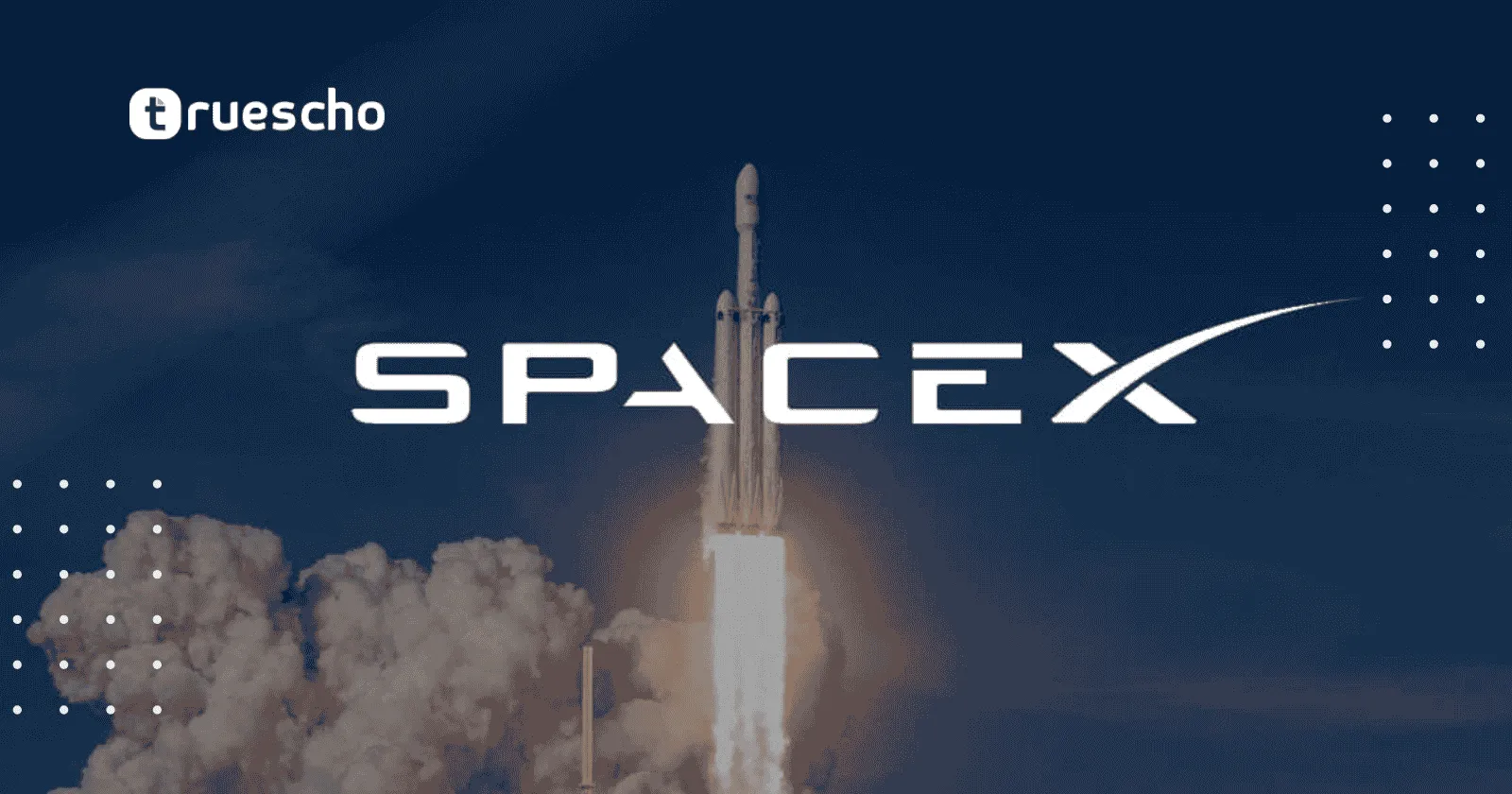Secret Chinese Investments: National Security Risks Associated with SpaceX
Recent revelations indicate that SpaceX, the high-profile rocket and defense contractor, has quietly allowed Chinese investors to buy stakes in the company—provided that the funds are funneled through offshore hubs like the Cayman Islands. This strategic move has raised eyebrows in national security circles, with concerns that such arrangements could open the door to sensitive military technology falling into the wrong hands. A report from ProPublica brings these practices to light.
Table of Contents
Secret Chinese Investments
SpaceX’s approach involves allowing passive, noncontrolling stakes by foreign investors through offshore vehicles, which not only obscure the true source of capital but also shield investor identities. This means that while individual stakes might appear harmless, they could conceal a broader pattern of foreign involvement. The move is particularly contentious given SpaceX’s role as a defense contractor for the Pentagon, handling classified projects such as spy satellite networks and other sensitive technologies.
Read also: Amazon Alexa Fund is now backing AI startups
Key Points on the Investment Approach
- Chinese investment is channeled through offshore vehicles.
- This practice keeps investor identities anonymous.
- There are growing concerns over potential exposure of sensitive military technology.
National Security and Corporate Ties
Investments from Chinese sources have prompted alarm due to the risk they might grant access to competitive technologies, intellectual property, and critical supply chains. Concerns stem from the possibility that these covert channels could unintentionally become conduits for advanced military information sharing with foreign powers. It is important to note that past statements from national security advisors have warned against such hidden foreign ties.
Corporate Dispute and In-House Testimonies
The practices at SpaceX were highlighted during a recent corporate dispute in Delaware. In testimony, CFO Bret Johnsen and major investor Iqbaljit Kahlon described how the company deems it “acceptable” for Chinese investors to purchase shares through offshore means. This dispute came into focus after a deal with a Chinese firm to buy $50 million in stock was abruptly canceled to prevent potential issues with national security regulators.
Read also: NA10 MCP Agent Update
International Business and Strategic Interests
The findings have sparked additional scrutiny over Elon Musk’s personal engagement with China. Notably, reports indicate that the Pentagon has briefed Musk on scenarios involving a potential conflict with China. Musk’s interactions with Chinese government officials and his business ventures—including Tesla’s Shanghai facility, which produces nearly half of its vehicles for a significant portion of its sales—underscore the intricate relationship between his global business strategy and national security issues. For more context on these interactions, see the recent article from The New York Times and Newsweek.

CFIUS Oversight and Regulatory Concerns
Under normal circumstances, investments from foreign sources in critical industries would be scrutinized by the Committee on Foreign Investment in the United States (CFIUS). However, there is currently no public record that SpaceX has undergone this formal review. The absence of CFIUS oversight raises important questions about the transparency of the company’s investment practices, especially in light of the America First Investment Policy that insists on safeguarding sensitive sectors from foreign influence.
Read also: N8N AI Agent: Breakthrough MCP Update
Additional Perspectives from Recent Investigations
Furthering the conversation, an investigation by the Financial Times revealed that Chinese investors have been quietly deploying special-purpose vehicles to channel millions into companies controlled by Musk, including SpaceX, xAI, and Neuralink. This pattern of discreet investment further intensifies the debate on whether such strategies are designed to obscure the true extent of foreign ownership in strategic industries.
In conclusion, the emerging details about SpaceX’s investment corridors raise compelling questions about transparency and national security. As discussions continue regarding the appropriateness of offshore investment strategies, both industry experts and policymakers will undoubtedly keep a close eye on the unfolding relationship between global capital flows and sensitive technological advancements.
Read also: AI Is coming to the classroom



